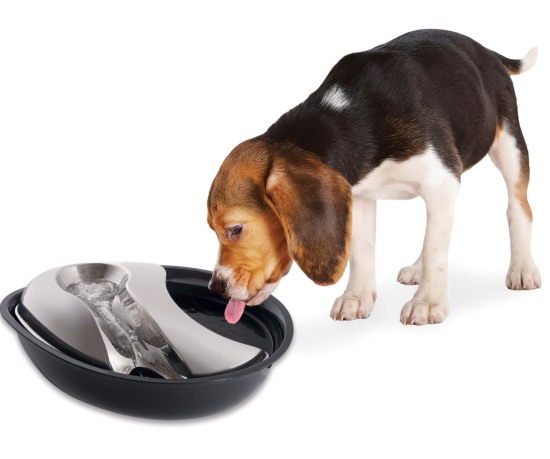 Being a pet owner comes with its responsibilities. You have to make sure that your dog has good food, a warm place to sleep and proper shelter.
Being a pet owner comes with its responsibilities. You have to make sure that your dog has good food, a warm place to sleep and proper shelter.
Besides this, you have learnt to shower the dog with love and affection. But you don’t mind all of these things because you have a bond of affection with your dog, in fact you regard your dog as part of the family and you and your kids would be heartbroken if your dog had to die.
This is why you always make sure it is living a healthy lifestyle including vaccinations against diseases and regular vet visits. However, some diseases can’t be prevented by vaccination such as cancer.
Having your dog diagnosed of canine cancer is traumatic, especially if you love the pet. Canine cancer if caught early can be treated to prevent secondary conditions and even early death. Being able to spot the symptoms early can save you and your dog a whole lot of pain.
Canine cancer symptoms
The symptoms of canine cancer include abnormal swellings that continue to grow, difficulty in breathing, urination and defecating, weight loss, loss of appetite, sores that do not heal, loss of stamina, difficulty in swallowing, discharge of blood from any body opening, and offensive odor.
Dogs diagnosed with cancer respond differently to different cancer treatments. Fortunately, most dogs respond positively to many cancer treatments. Treatment chosen is determined by the severity of the cancer.
Mild cases might be treated by the use of oral supplements and medication. Tumors can be treated using herbs, minerals and vitamins which may or may not help.
Taking note of your dog’s behavioral changes
If truth be told, nobody really knows your dog more than you. You know its normal eating habits, its appetite, its activeness and stamina. When you notice a change in these areas you should be concerned. Fine, your dog might be vomiting as a result of a bacterial infection or stomach virus that is brought about by eating food[dog food] from the dust bin.
At the same time, it might be a different case, it might be canine cancer. Regular vet visits and physical examinations are important so that your vet can be able to spot early tell-tale signs of canine cancer before the disease manipulates itself.
The sooner your vet detects these signs the better as it will allow him to run blood tests, laboratory tests and sometimes use stool culture to make sure that your canine is brought back to health.












